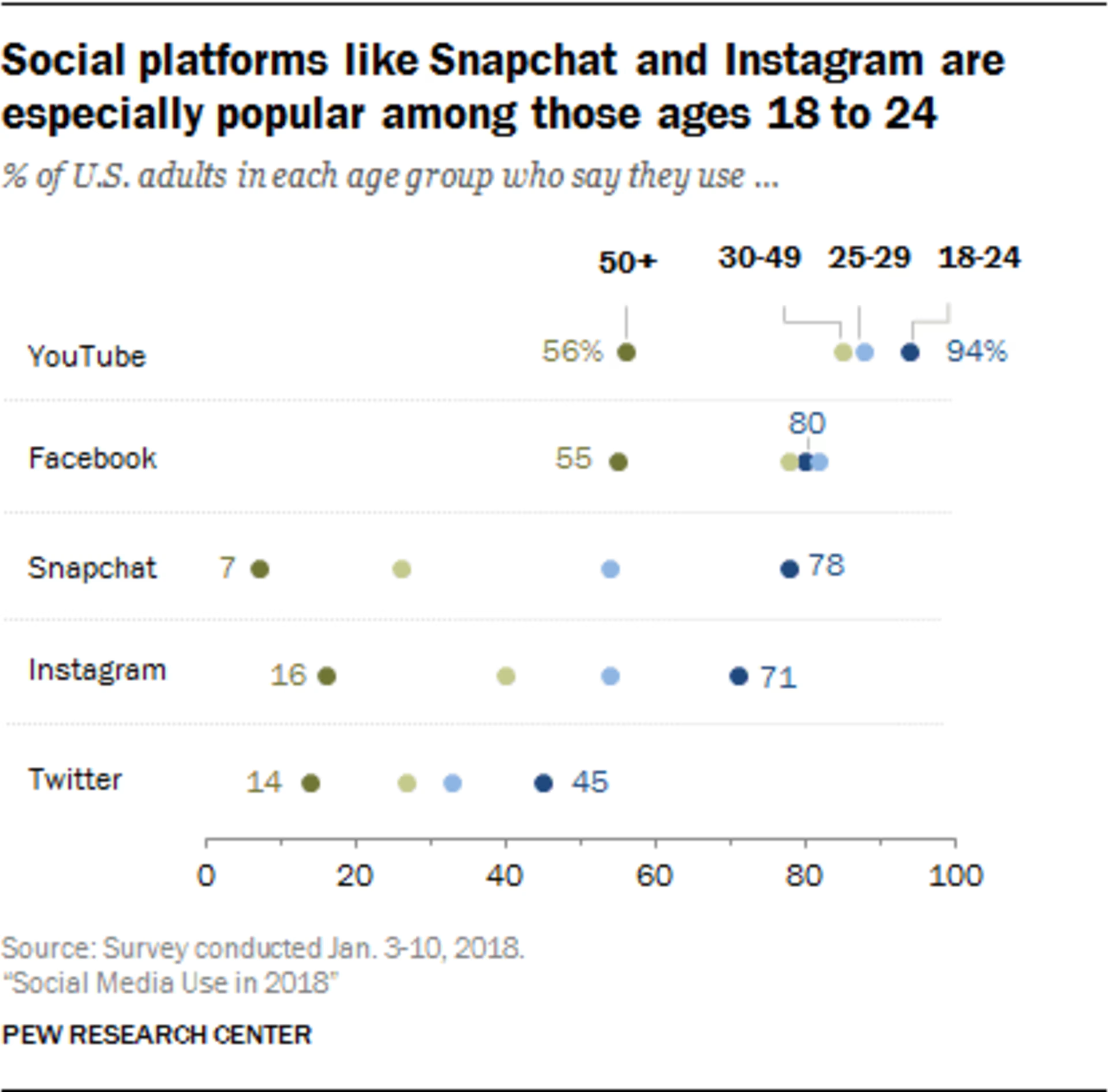Does your small business have a strategy for managing your online reputation?
Brand and reputation management are often billed as an enterprise business problem. But in the age of social media, businesses of all sizes feel the impact of commenters and online reviews.
Positive reviews and trending mentions can do wonders for a small business, whereas a reputation can be dragged down by unaddressed negativity online.

For small businesses, social media is the fighting front on which to establish and manage a brand, and it is imperative that they use social media to manage their reputations.
When it comes to monitoring and tracking social media, your small business is at an advantage over large businesses. A small business has fewer fronts on which to battle over reputation management, and you should use this to your advantage by fully committing to a social media management strategy that keeps up your company's brand, image, and reputation.
1. Target your niche
Social media provides a space to engage with customers and build a powerful sense of community. Compared to enterprise-level counterparts, your small business likely serves a niche community.
Identifying trends within your audience and target audience will allow you to hone a customized, specific marketing strategy. These insights can inform who you target, when and how you ask them to engage with your services, and which social media platforms you use to connect with potential customers.
This kind of targeted specificity in your interactions with customers is an excellent way to build a positive brand reputation in your industry. Customers who feel seen, spoken to, and thought of are customers who will remember your brand and seek out your goods and services again.
Collecting customer data and leveraging it in your marketing decisions is also a tremendously useful small business growth marketing strategy. The data your company collects on the age, gender, occupation, and other identifiers will help you paint a more accurate picture of your key audience.
Let's say, for example, you own a local coffee shop and you want to invest your time in a social media marketing campaign. Insight into the demographics of your patrons will help you decide which social media platforms are the most likely to reach your customer base.
A 2018 Pew Research survey mapped the popularity of major social media sites across different age groups.

(Source)
Let's say that our coffee shop is located in a bustling college town and the majority of shop patrons are college students and young professionals in their 20s.
The data Pew collected shows unsurprisingly that the majority of U.S. adults use both Facebook and YouTube. Perhaps the more interesting and useful data is the usage rates for platforms such as Instagram and Snapchat.
Some 78% of 18- to 24-year-olds use Snapchat. Similarly, 71% of Americans in this age group use Instagram and close to half (45%) are Twitter users. So, for our coffee shop, it makes sense to invest on these platforms.
The small-business advantage: A niche industry or specific market means that you can cater your social media presence to a more specific demographic. Where enterprise companies have to cast a wide net, you can focus your attention on the platforms you know your customers use.
2. Know what's being said about you
Managing your online reputation requires you to track your online reputation.
In a large company, this task is likely an ongoing effort coordinated between marketing and public relations and managed across many different locations. As a small business, your marketing team should be responsible for online reputation management.
In many ways, this gives small businesses a leg up over enterprise organizations. A small, centralized team can make faster, more cohesive decisions, and will monitor and review their communications with customers as one unified voice.
If you are new to managing your online reputation, the first thing you'll want to do is set up a Google Alert. Google will email you with any news or mentions of your business. All you need is a Gmail account, and you can follow these steps laid out on Google's support site.
You should also "claim" your business on review sites such as Yelp, which enables you to respond to reviewers directly on the site. This is an excellent opportunity to monitor your online reviews, keeping a finger on the pulse of both happy clients and folks who had a less-than-stellar interaction with your company.
Both provide an important opportunity to interact with your customers and use your customer reviews to improve your reputation.
These actions only scratch the surface of online reputation management, though. The best way to monitor and manage your online reputation is by using reputation management software or social media monitoring software.
Tracking comments and reviews in Hootsuite's reputation management hub (Source)
This kind of software allows you to monitor brand mentions, track hashtags, manage multiple social media accounts, and even facilitate your conversations with unhappy customers.
The small-business advantage: Big companies struggle to orchestrate their online presence across multiple teams. As a small business, you can empower one unified team (probably marketing) to track and monitor how your company is being talked about online. This will help you deliver a unified customer experience.
3. Respond to what's being said about you
Whether you are our local coffee shop or a titan like Starbucks, people are talking about you online. They are posting photos on Instagram with your latest product, posting a Facebook update about their in-store experience, and reviewing your services on Yelp and Google.
The best, most thorough social media monitoring systems, however, will get you only halfway to a positive online reputation.
You've successfully identified your mentions and comments; now you need to decide what to do about them.
Responding to positive mentions online affirms your customers. They took the time to post a photo of the seasonal drink your coffee shop offers, and by responding with, "Hey, thanks! It was great to see you this morning!" you make that customer feel valued and listened to.
The same intention can be helpful in addressing and even defusing negative feedback online as well.
While there is certainly a time and place for ignoring online spammers and trolls, as a small business it's important to remember that most of the people who comment about you or tag you on social media probably live or work in your community.
View this post on Instagram
Fresh SO espresso on bar, just for you.
A post shared by Swings Coffee (@swingscoffee) on Oct 9, 2018 at 5:25am PDT
Local coffee shop alerts its clients to new espresso offering via Instagram
Have a customer lamenting that their favorite coffee roast is out of stock? Leaving their post unaddressed could lead a potential customer who sees the comment to think you don't stock your inventory well.
Instead, respond to the negative comment with validation and (if you can) a solution:
"Hi Joe Facebook, sorry we didn't have any #morning_roast for you this morning! Our next shipment will be here bright and early tomorrow and we would love to set aside a bag for you. Our hours are 7am-4pm."
Just like that, you've made your dissatisfied customer feel heard and valued, you've offered a solution to his problem, and you've promoted your hours on social media.
The small-business advantage: On a small business scale, you can strive to respond to every mention and comment about your business, while leveraging your connection with your community and clients.
4. Encourage customer participation
Companies that try to engage with their customers via social media run the risk of coming across as insincere and gimmicky. This is where, as a small business, you can strongly leverage your relationship with your community.
Building a locally minded social media presence by friending or following other local businesses, cheering on your community sports teams, or documenting a local event in your Instagram Story or Facebook Live helps locals associate your business with their community.
Keep in mind that being locally minded is not exclusively an advantage that applies to your geography. A business with a small but diverse, or even international client base should leverage its smallness by leaning into the niche market it serves.
You can also use this community-oriented tone to encourage promotion of your brand and product online.
Finals week at the local college? Our local coffee shop could offer a promotional deal to the students.
"It's finals week! Tag us in a photo with your morning cup of coffee, and we'll refill your next cup on the house."
The small-business advantage: Your local community (geographic or topical) is your best ally. Connect with your friends and neighbors to build relationships and win customer loyalty.
Thriving online
Social media provides a rich online environment for businesses and consumers to interact in near real time.
By effectively monitoring and managing your company's social media footprint, you can forge an authentic connection with your customers and grow an avid following. Your small business can interact with your community in a more direct and authentic way than large companies competing in the same industry.
These advantages are unique to small businesses and can help you thrive in your industry, trend on social media, and grow your company.
Further reading:
Also, browse our list of top companies and learn more about their features in Capterra’s social media marketing agency hiring guide and branding agency hiring guide.